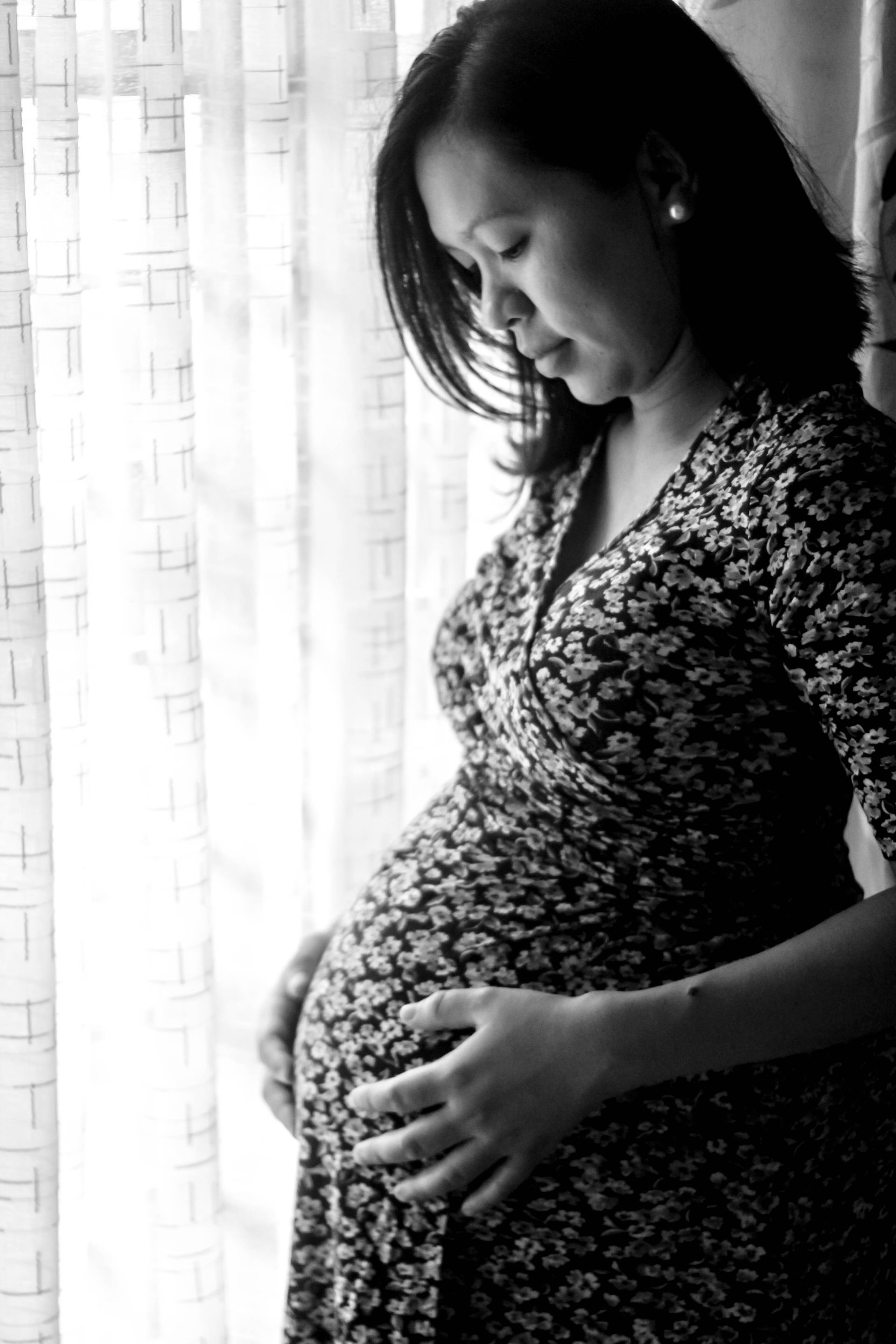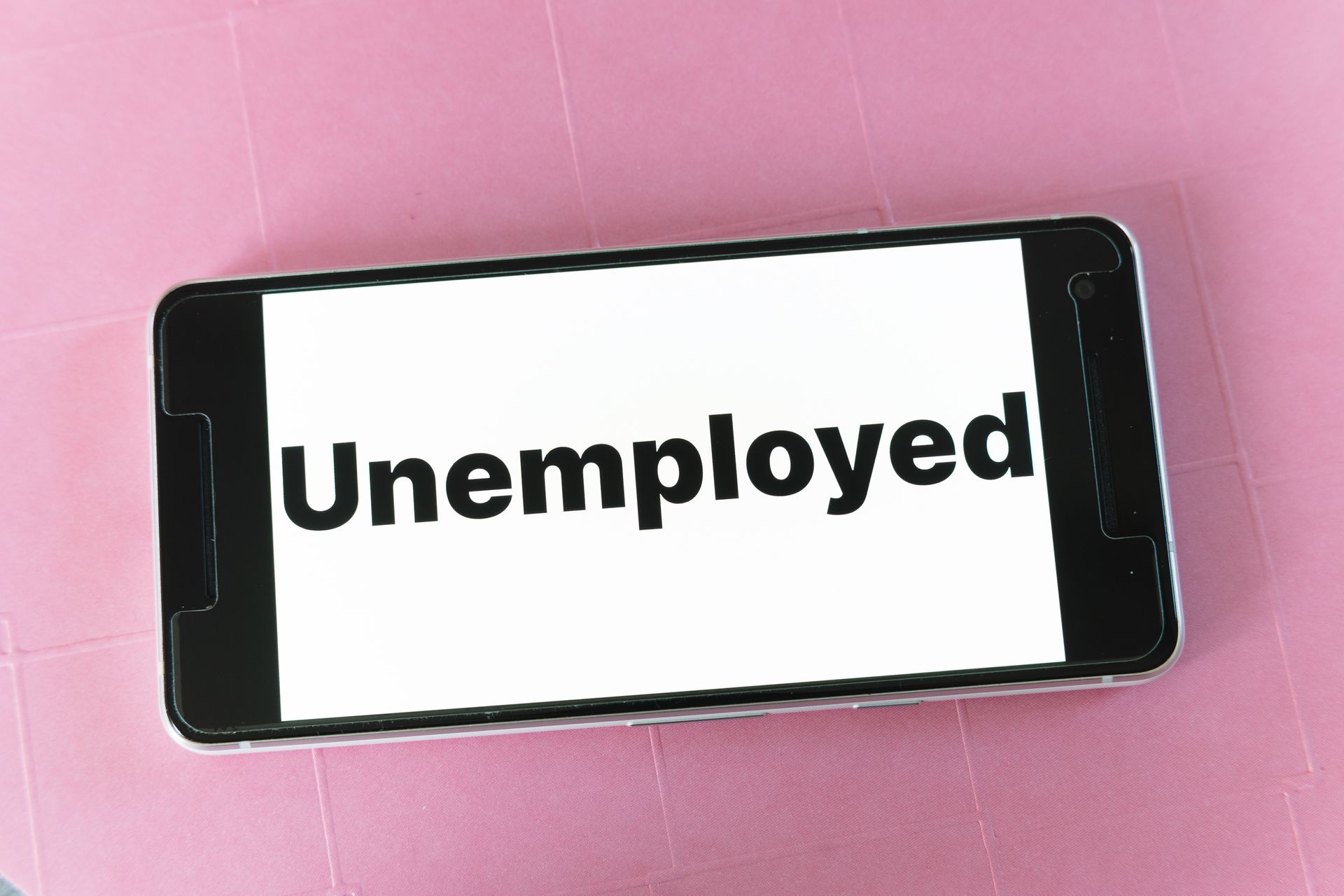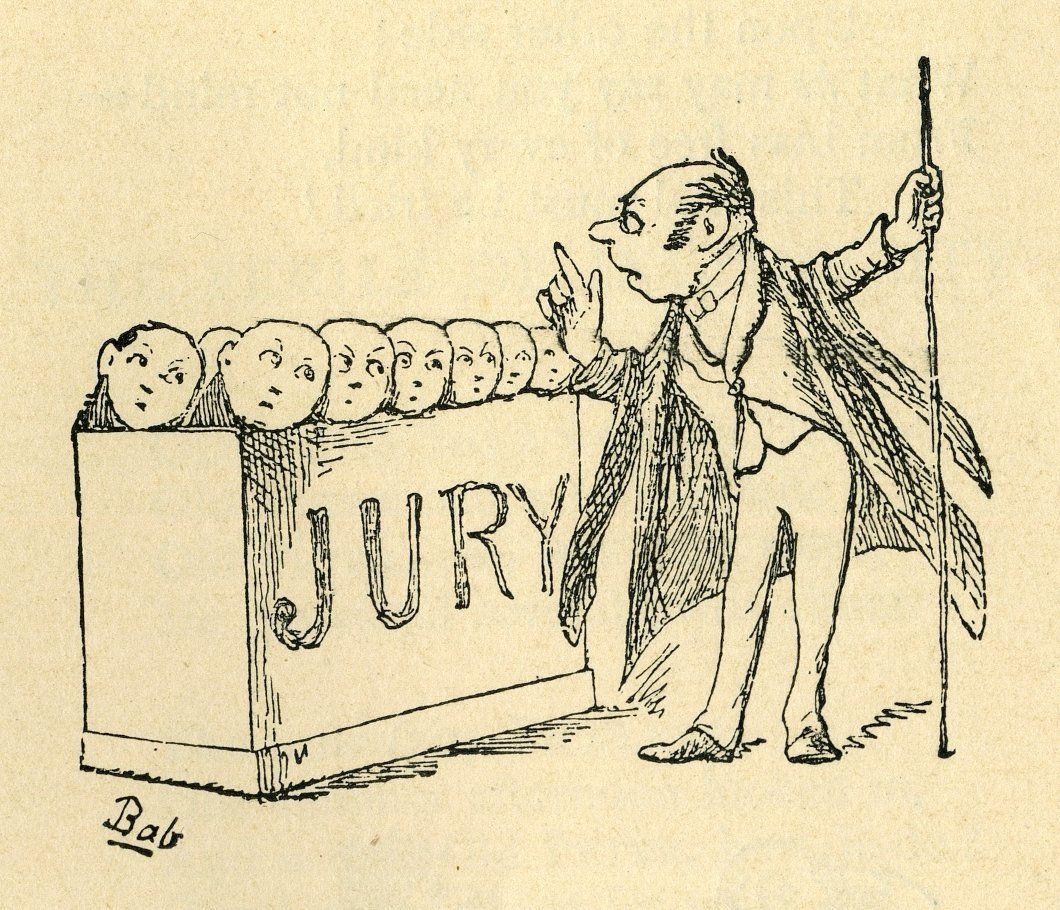Supreme Court Expands Workers’ Rights for Religious Accommodation
Supreme Court Expands Workers’ Rights for Religious Accommodation
Gerald Groff, a former mail carrier in Pennsylvania, refused to work for the United States Postal Service delivering packages on Sunday. The United States Postal Service had a contract to deliver Amazon packages on Sundays. Mr. Groff observed the Christian Sabbath on Sunday. As a result of his religious beliefs and practices, Groff was repeatedly disciplined for repeatedly failing to show up when assigned a Sunday work shift.
What is a Reasonable Accommodation for Religion?
Title VII of the Civil Rights Act of 1964 protects employees from discrimination on the bases of race, color, sex, national origin, pregnancy, and genetic information. It also prohibits discrimination on the basis of religion and requires employers to make “reasonable accommodations” to allow the practice of religion, unless it causes an “undue hardship” on the employer.
The United States Supreme Court Overrules Prior Precedent and Expands Workers’ Rights to Religious Accommodation
Under prior precedent, a case called TWA v. Hardison, the United States Supreme Court ruled that any hardship that causes more than a small expense for the employer was an “undue hardship.” As a result, Mr. Groff lost his cases in the District Court and the United States Court of Appeals. However, four decades later, the United States Supreme Court unanimously decided, in the Groff v. DeJoy case, that a business must show a “substantial” burden to deny an accommodation – a burden that “would result in substantial increased costs in relation to the conduct of its particular business.” Further, the Supreme Court held that, "[a] hardship that is attributable to employee animosity to a particular religion, to religion in general, or to the very notion of accommodating religious practice, cannot be considered undue. Bias or hostility to a religious practice or accommodation cannot supply a defense."
As a result, the Supreme Court has expanded the religious accommodation exemption for employees in the workplace. If you need assistance with any such religious accommodation issues, please feel free to contact Employment Attorney Raymond Nardo.
Location
Raymond Nardo, P.C.
129 Third Street Mineola,
New York 11501
Contact Us
516-248-2121
All Rights Reserved | Law Office of Raymond Nardo










